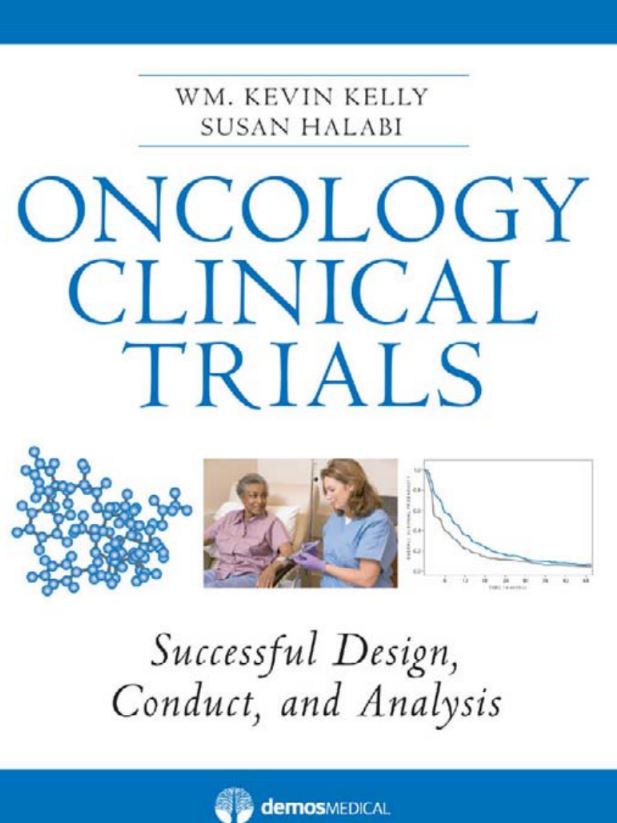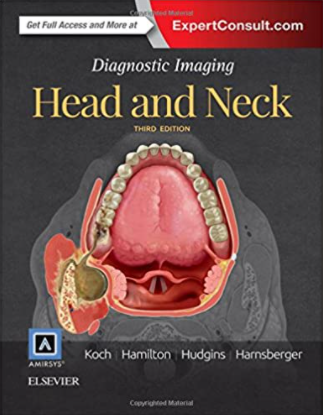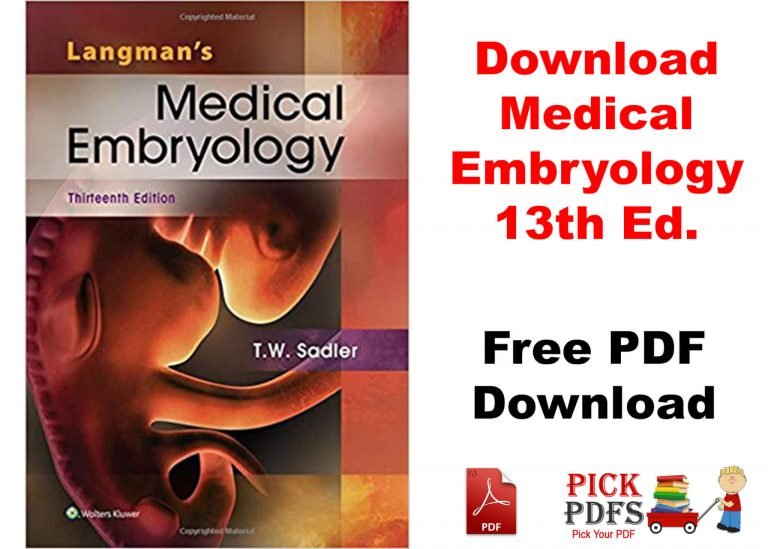Oncology Clinical Trials PDF
Oncology Clinical Trials PDF Free Download

In 2006, a group of colleagues were discussing the days events at ASCO and the topic turned to people that were retiring at the end of the year or changing career directions. Many of us were initially taken back, yet, also excited, to learn that some of our long time colleagues were turning a new leaf in their lives. These individuals were giants in the field who had not only helped shape modern oncology, but also had long and generously provided guidance to us. Many had been our mentors and we always felt that they would be there to ask: “How did you design this pivotal trial in colon cancer? Why did you use this endpoint for this lung trial? Can we really use this as a surrogate marker?” They were always were a voice of reason which reflected years of experience in doing clinical research and they played a vital role in our own scientific and intellectual development. Having the benefit of their experience underscored the importance, and declining prevalence, of mentoring the next generation of clinical trialists.
Many of us have now inherited these perilous challenges. This book is a collaborative effort and is based on the knowledge and expertise of leading oncologists, statisticians and clinical trial professionals from academia, industry and government who have years of experience in designing, conducting, analyzing, and reporting clinical trials in cancer. This collective experience was created to allow these seasoned investigators to pass on their knowledge to those who are entering the field. In so doing, our mission is to enhance the successful design, development, management and analysis of oncology clinical trials for the next generation. While this book focuses on oncology clinical trials, the fundamental concepts and basic principles are applicable to all trials in many medical disciplines. We hope that this work will aid the junior investigator’s academic, industry or government career in order to improve the quality of clinical trials. In so doing, their discoveries can be quickly and efficiently translated into improved patients outcomes and future care.

![First Aid for the USMLE Step 1 2019 Download [Direct links]](https://pickpdfs.com/wp-content/uploads/2019/10/usmle-step-1-first-aid-2019--768x549.png)



